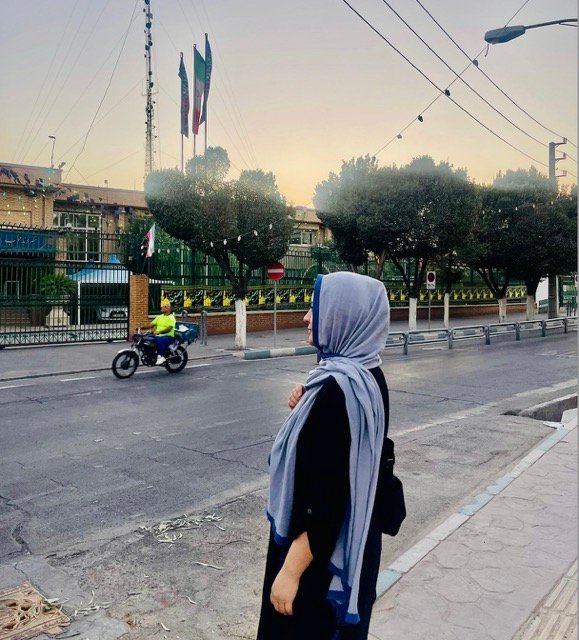Afghan Refugees in Iran: Escaping the Taliban, Facing a Hostile Refuge

Tehran, Iran - Photo: @private
ADN
Tehran, September 2025 – For 32-year-old Sodaba Sediqi, a former prosecutor in Kabul, exile has meant trading one nightmare for another. Sitting in a cramped two-room apartment in Tehran’s 19th district, which she shares with nine family members, she reflects on the path that led her here.
“I was one of the top students of my class, I graduated with distinction, I became a prosecutor to defend women from violence,” she says.
“I dreamed of serving my country. But today, I cannot even send my own son to school. What kind of future is this?”
From Prosecutor to Refugee
Sediqi’s career once embodied the fragile progress of Afghan women. After graduating from Al Birooni University in 2014, she worked with the Attorney General’s Office and later joined a Canadian NGO. In 2017, she became a prosecutor for the Violence Against Women Commission, helping survivors of domestic violence seek justice.
“The Taliban saw us as infidels,” she recalls. “They hated women like me, who helped other women fight abuse.”
Her husband, also highly educated, served as a senior adviser in several ministries of former Republic Government of Afghanistan. Together, they built a life in Kabul with their two young sons. But everything collapsed on August 15, 2021, when the Taliban took Kabul.
“Our neighbor was a Taliban member. We didn’t know it until it was too late,” Sediqi says. “They searched our home twice. They knew about my work, about my husband’s work. We burned our documents to protect ourselves, but it wasn’t enough. We lived in fear, moving constantly, hiding in Kapisa and Parwan provinces.”
Eventually, Sediqi, her husband and two children fled to Iran, joining millions of Afghans who have crossed its borders since 1979. Today, according to UNHCR, Iran and Pakistan together host nearly six million Afghans. But unlike the early years, refugees now face raids, detention, deportation, and daily harassment.
Life in Limbo
In Tehran, Sediqi’s family struggles to survive. Her eldest son, soon turning ten, has been out of school for years. “In Kabul, he was in second grade. In Tehran, schools told us to get permission from the ministry, which we cannot. Every year I try, and every year they refuse.”
Healthcare is equally restricted. “Government hospitals do not admit us. We go to private clinics, where we pay double. With my husband’s occasional day labor and my stitching work, it is impossible.”
Once a prosecutor, Sediqi now stitches clothes to feed her family, damaging her eyesight in the process. Her husband, once a senior adviser, works irregularly as a day laborer.
“We are educated people, but in Iran we are treated like we are nothing,” she says.
The family’s fears escalated earlier this year during the Iran-Israel conflict, when bombardments near Mehrabad airport shook their neighborhood.
“My children were shaking, crying. I thought: we ran from one war only to be trapped in another.”
For many refugees, there is no safe way forward. UNHCR reports that more than 2.5 million Afghans were forced back from Iran and Pakistan in 2025 alone—nearly two million from Iran. Deportees face detention, family separation, and lack of basic services.
“We are ready to live in hunger, but we will not return to Afghanistan,” Sediqui insists. “Life there is unbearable.”
Waiting for a Future
Like thousands of Afghan refugees, Sediqi hopes for resettlement in Europe or North America. She has written to Canadian and British authorities, applied to U.S. contractors, and contacted humanitarian initiatives such as Luftbrücke. But responses have been slow.
“I still believe someone will hear us,” she says. “We are not asking for charity. We are educated, we can work, we can contribute. We just want to live with dignity, to give our children a future.”
On the fourth anniversary of the Taliban’s return, Sodaba Sediqi reflects on her shattered dreams:
“When Kabul fell, my husband called me: ‘The Taliban are here.’ We both cried—not only for ourselves, but for our country. I never thought they would last four years. I never thought I would be here in Iran, without a job, without a future for my children. We are alive, but we are not living.”






